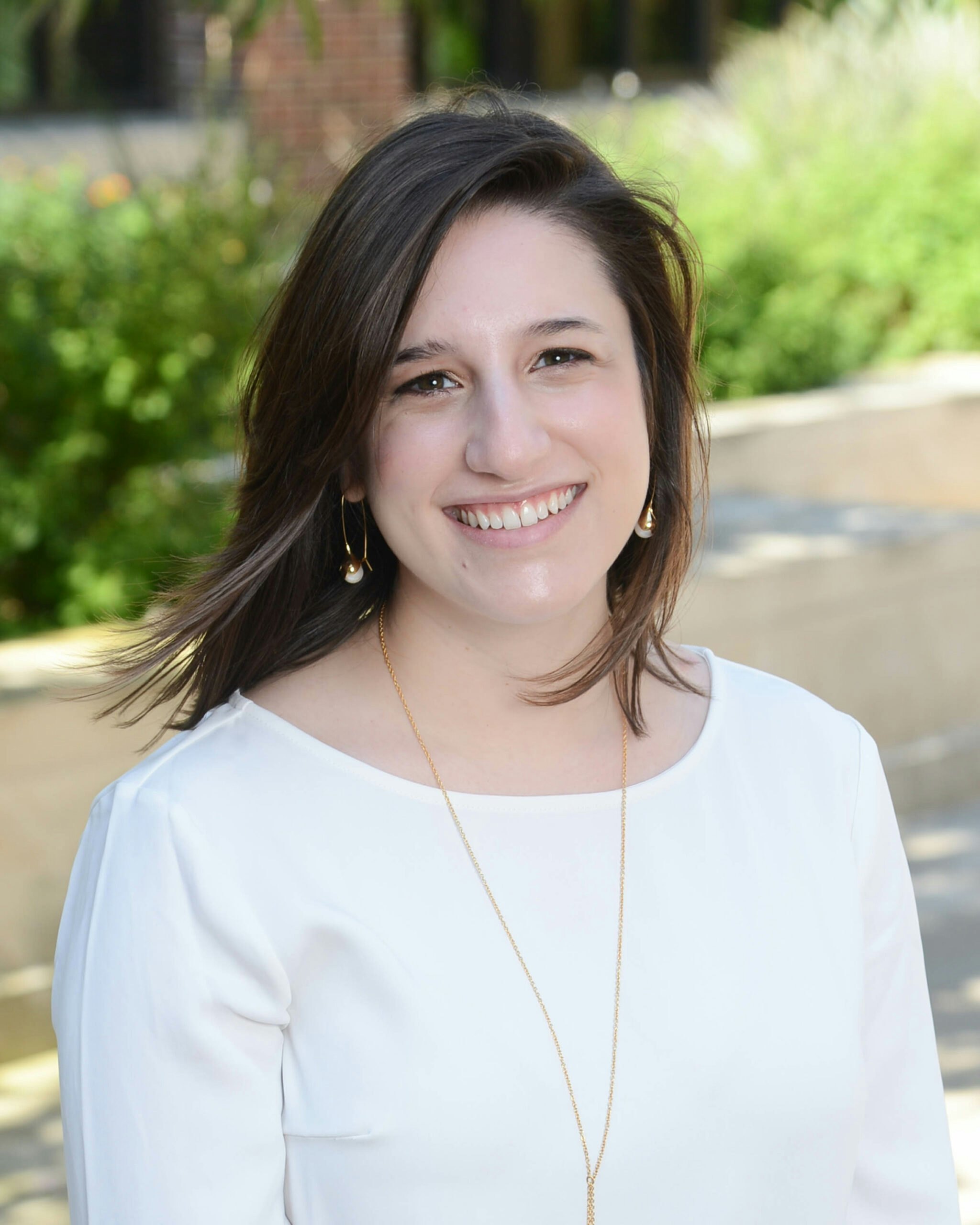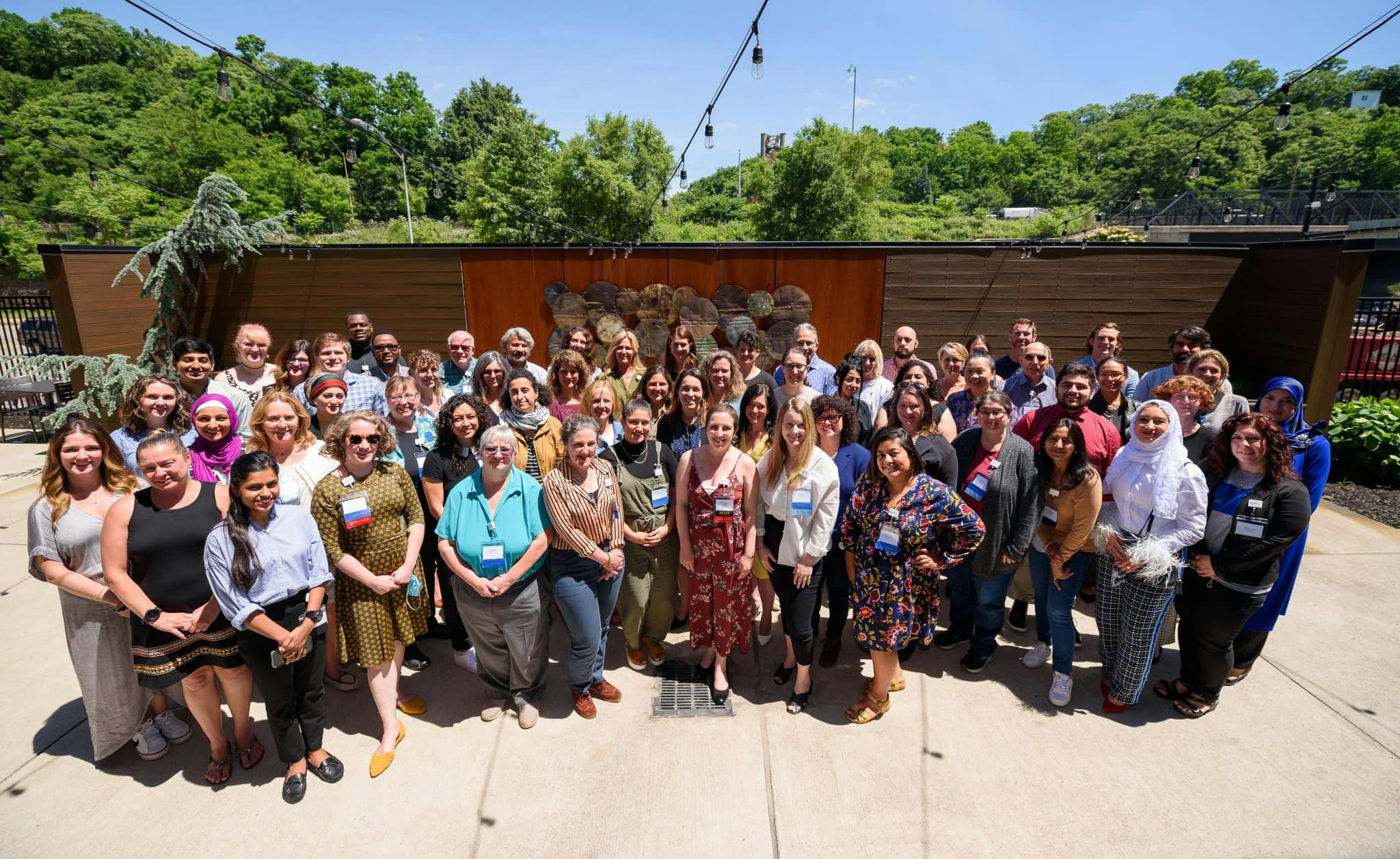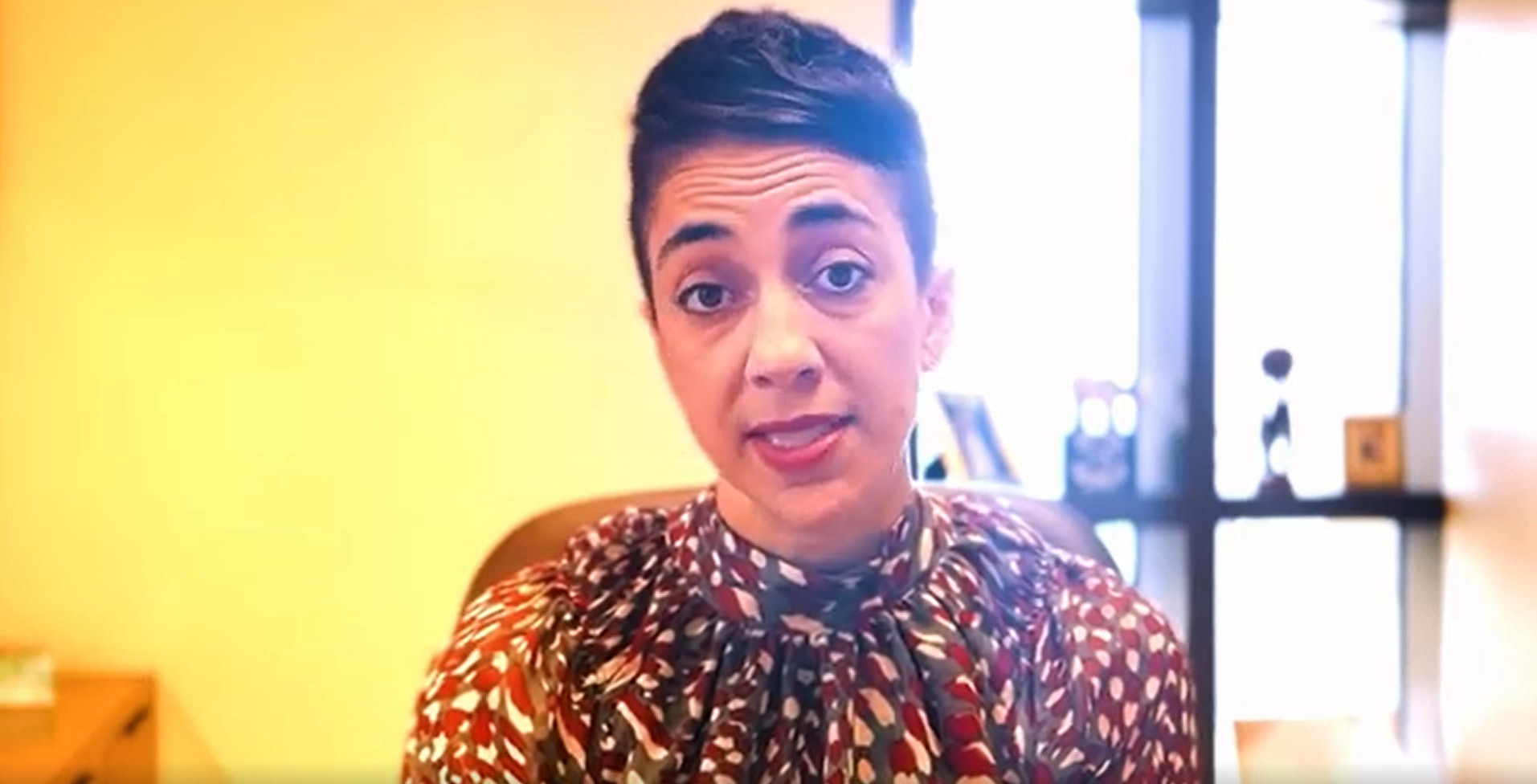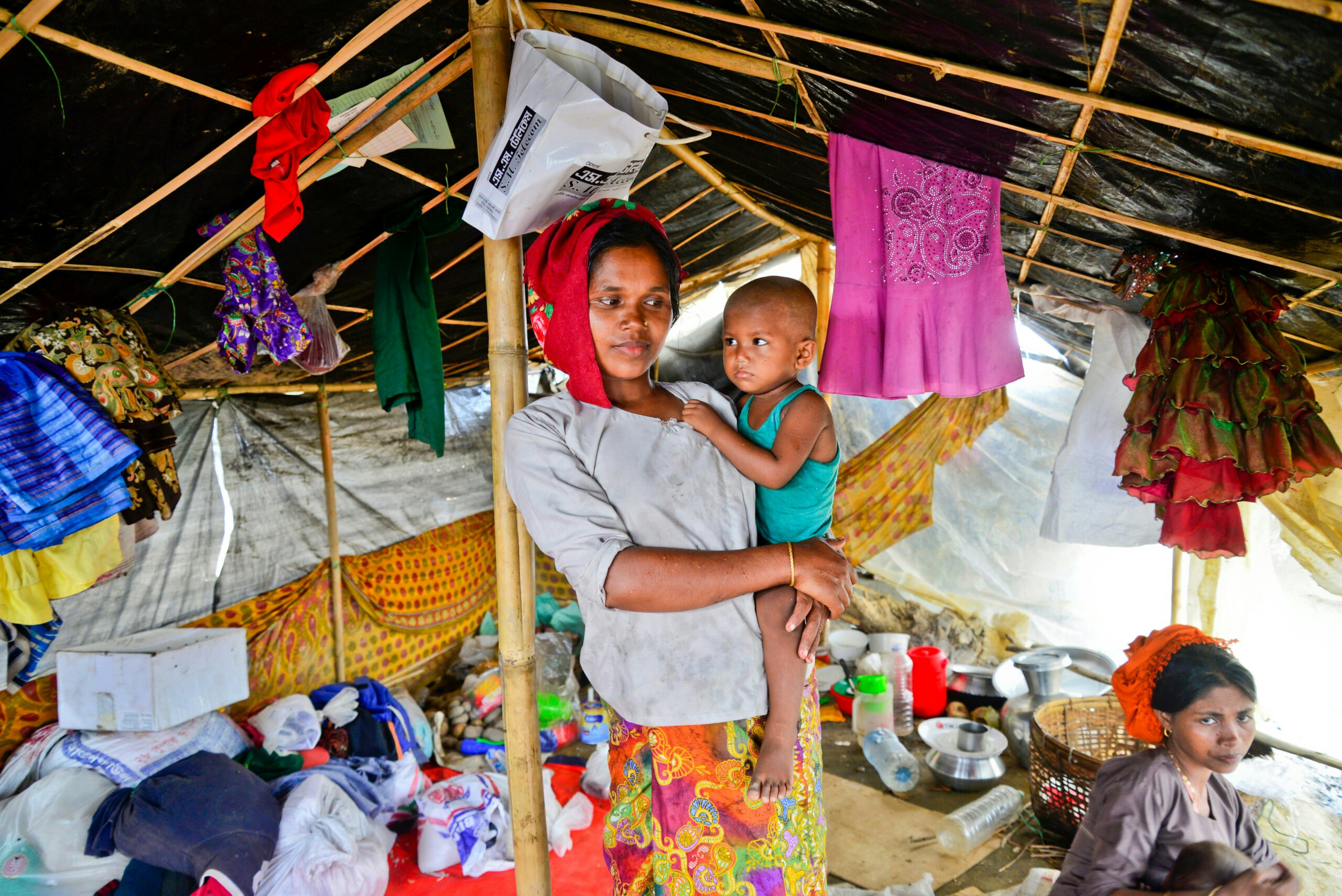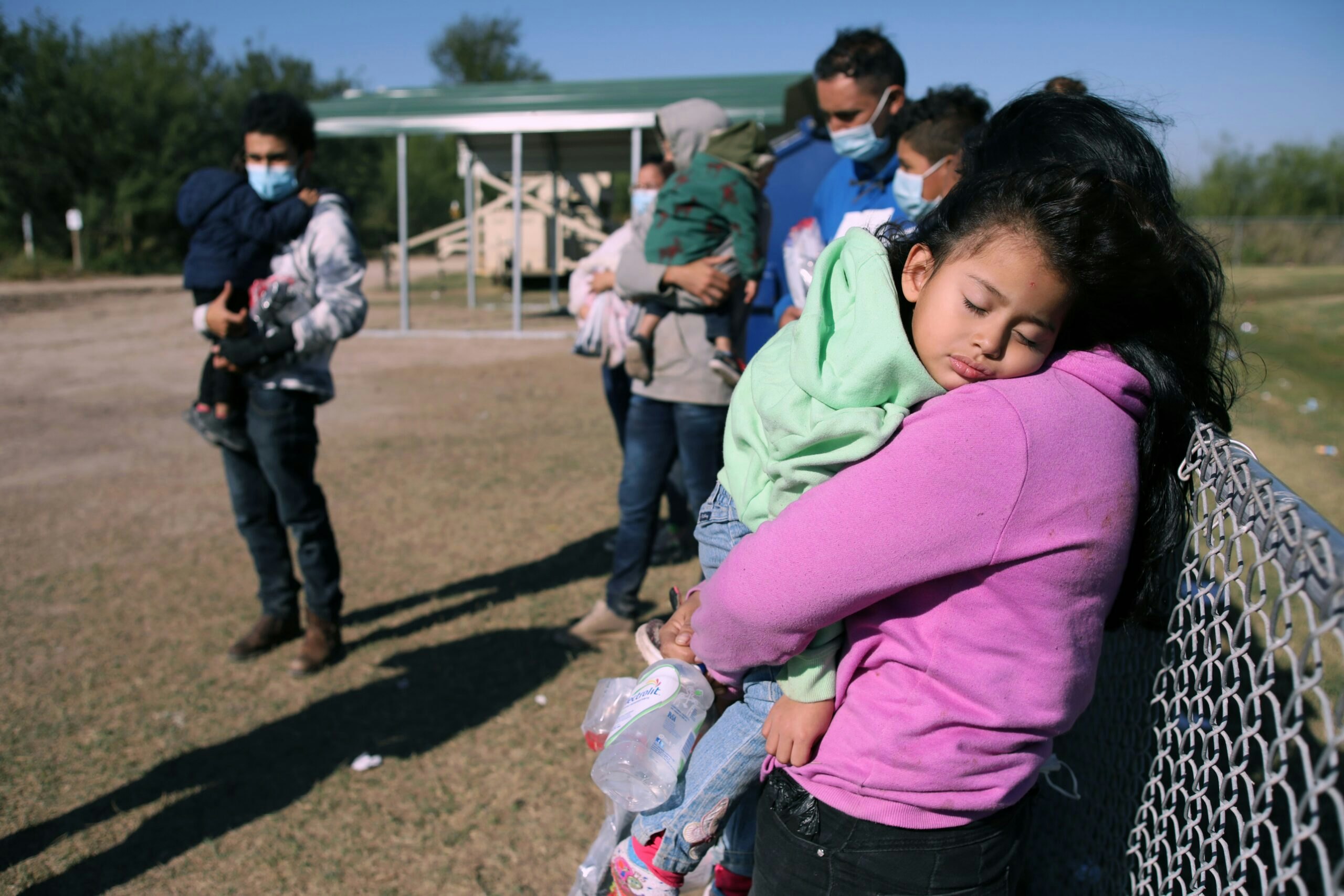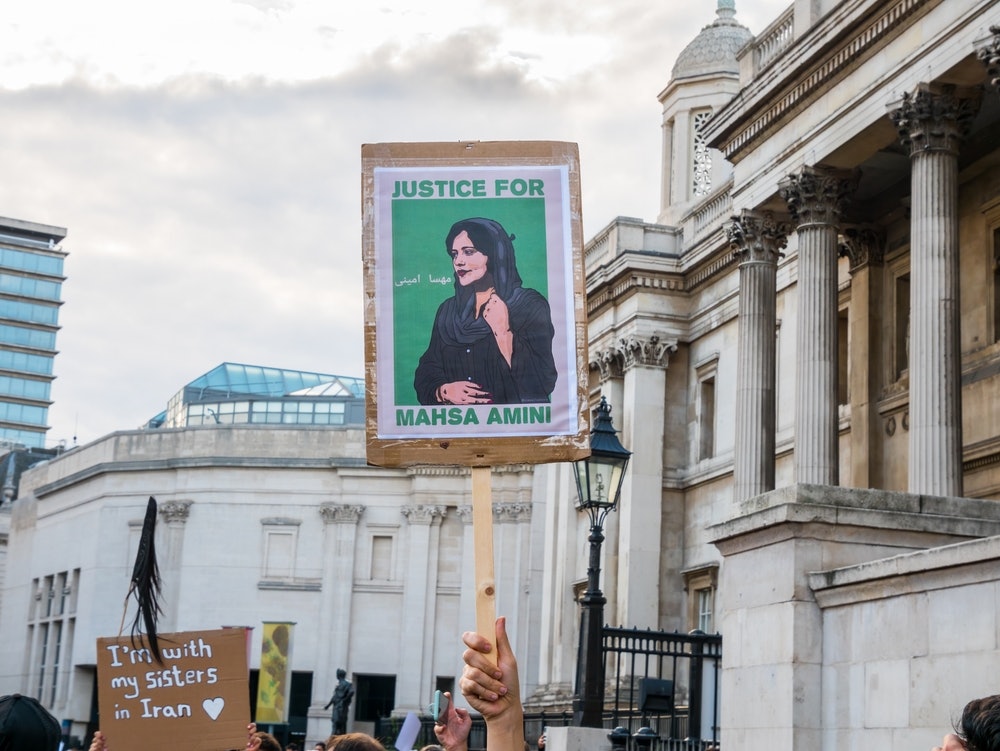In 2002, the Taliban were removed from power, international organizations were moving into Afghanistan, and 16-year-old Manizha Wafeq wanted to work.
In 2002, the Taliban were removed from power, international organizations were moving into Afghanistan, and 16-year-old Manizha Wafeq wanted to work. Her story, which was featured in the George W. Bush Institute’s book We Are Afghan Women: Voices of Hope, is one of many that focuses on the perils that women who are seeking leadership roles face in Afghanistan.
At the age of 16, Manizha was hired as an administration and finance assistant for an international organization. Her office was made up of two South Korean men and five Afghan men, she was the only female. Of the experience she said, “…they (coworkers) were nice to me, but unfortunately they were not nice all the time. I was the only girl working with them. My Korean colleagues expected me to stay longer just like my male Afghan colleagues.”
Due to societal and cultural barriers, Manizha was not able to work longer hours. Her parents told her, “You cannot stay longer hours because of our neighbors.” There was a fear that the neighbors would talk if Manizha came home too late from the office and that her reputation would be tarnished.
Manizha soon decided to forge her own path by becoming a private business owner who could empower women in Afghanistan. In 2008, she became a part-time student at PEACE THROUGH BUSINESS®, a business training and mentorship program for women entrepreneurs in Afghanistan and Rwanda. She continued to work full-time while going through the program. In 2012, Manizha was part of the first graduating class.
Programs like PEACE THROUGH BUSINESS® offer women like Manizha an opportunity to pursue leadership roles in Afghanistan. This is critical for Afghanistan’s peacebuilding efforts. Studies show that women promote dialogue and trust, bridge divides and mobilize coalitions, raise issues that are vital for peace, and prioritize gender equality.
By the time Manizha graduated from the program, she had started her own company, Wonderland Women clothing company. In the book she said, “Clothing has a huge market here [Afghanistan], especially party wear and party dresses, called Saleeqa, which means “elegance” in the Dari language….And each dress costs a minimum of $200. When I calculated the cost for producing one of these dresses, I thought this was a good profit margin….I wanted to use local employment to help our economy. I also wanted Wonderland Women to run its own retail shop with women as sales representatives—sales is a position that was previously considered ‘for men only.’”
There has been much progress in Afghanistan since Manizha was 16 years old: women and girls are attending school and university, women in politics is becoming more common, and women like Manizha are economically empowered. However, for a prosperous and peaceful Afghanistan, women’s participation in public life must also include their role in peacebuilding. Here there is significant room for improvement.
A 2014 study by Oxfam found that in 23 rounds of peace talks between the Afghan government and the Taliban since 2005, only one woman from the government was present on two occasions. No women have been included in discussions between international negotiators and the Taliban, and it is unclear if, or to what extent, women’s interests were represented by others.
As Mrs. Bush wrote in the Washington Post, “We, and the entire international community, should continue to provide significant development assistance in the areas of health care, entrepreneurship and education. We know this assistance works. A 2013 Rand Corporation study found Afghanistan’s metrics have improved in nearly every area of development. By maintaining our presence and support, we are encouraging the Afghan government to keep its security commitments to the Afghan people and to build on economic and anti-corruption reforms and the rule of law. That is why it is critically important that any peace achieved through negotiations between Afghan leaders and the Taliban is not made at the expense of Afghan women. A return to policies that made the Taliban notorious in the 1990s would be traumatic not just for women but also for the stability of the country.”
To find out more about Manizha and strong Afghan women like her, see We are Afghan Women: Voices of Hope. See here for more on the work of the George W. Bush Institute to support Afghan women.

